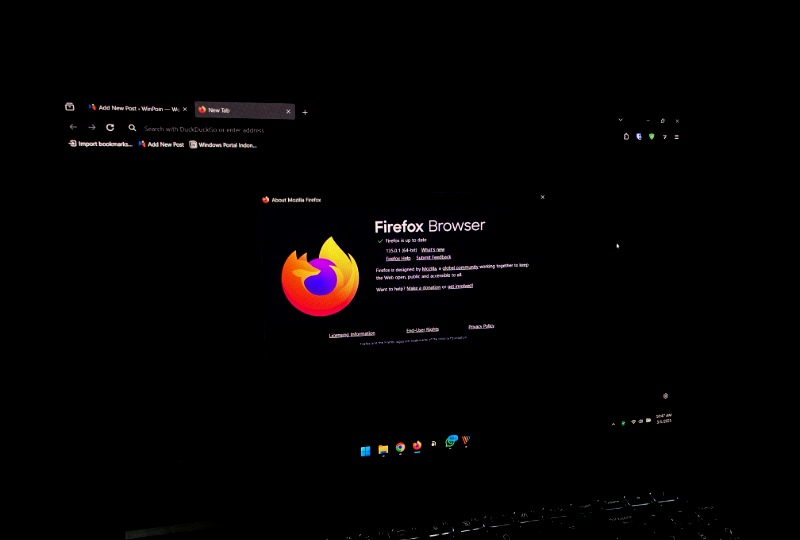
Mozilla Firefox users should be aware that recently, discussions have been buzzing across various online forums about Mozilla retracting its long-standing promise not to sell users’ personal data.
Previously, through the Firefox F.A.Q., Mozilla proudly stated, “No. Never, and never will,” when questioned about selling user data. This F.A.Q. can still be viewed on an archived page from January 30, which emphasized that Firefox products are designed rigorously to protect user privacy by preventing the sale of data, even to third-party advertisers.
However, in the current version of the F.A.Q., Mozilla clarifies that while it does not sell data in the conventional sense and does not purchase user data, it can no longer offer a broad, comprehensive guarantee. This change is linked to certain legal jurisdictions that define “data selling” in very expansive terms.
Therefore, Mozilla now explains that any data shared with partners for commercial viability will be anonymized, aggregated, or processed using privacy-enhancing technologies like OHTTP.
This revision to the F.A.Q. page has understandably sparked concerns among users, with discussions on platforms such as GitHub and Reddit, where users have openly criticized Mozilla’s new stance.
Moreover, the updated terms of service now include a clause stating that by uploading or inputting information through Firefox, users grant Mozilla a non-exclusive, royalty-free, worldwide license to use that information. Many users have expressed dissatisfaction, arguing that such extensive rights over personal data are unacceptable.
In response to the backlash, Mozilla has sought to reassure its users. In a blog post published last Wednesday, Mozilla clarified that this license is necessary solely to facilitate essential browser functionalities.
For example, without this license, Firefox would be unable to process user-inputted information for navigating or interacting with online content. Mozilla emphasized that this does not equate to owning user data, nor does it grant the company rights to use the data for purposes beyond those outlined in the Privacy Notice.
Additionally, the updated privacy notice addresses location-based data handling, where Mozilla explains that when users search for location-specific keywords (e.g., “Boston”), such data may be shared with partners to provide recommended or sponsored content. However, this process is designed to maintain user anonymity once search suggestions are delivered. Users also have the option to disable Sponsored Suggestions entirely via the Firefox Support page.
Regardless, these revisions mark a significant shift in Mozilla’s approach to data privacy. What are your thoughts? Share your opinions in the comments below.
Via : Ars Technica, Neowin, Mozilla






